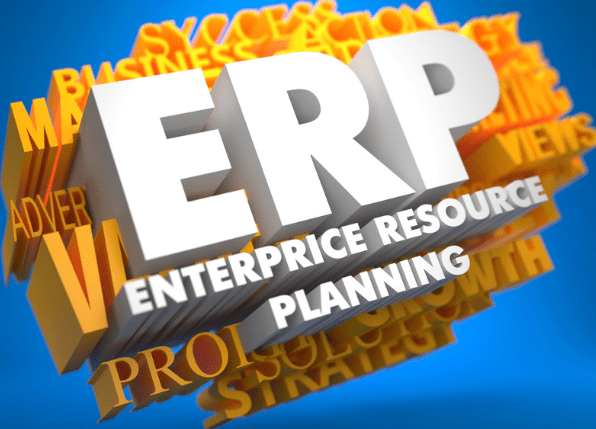Since I started, people often ask... What on earth is ERP?
To which I say, it stands for Enterprise Resource Planning of course...
This is usually followed by the person who I am talking to looking confused and bemused.
I then go on to explain more about what I do, but this often misses the mark also and confuses the person further.
So...
I am writing this post today, to try and simplify my response to "What on earth is ERP?".
ERP programmes are generally cloud based business systems.
They are a "unified suite" of business modules... I know... what???
What this basically means is that you start with a core, the core will have things like - Customer Management, Employees, Order Management, Finance and reporting.
And depending on your business needs, this may be all you need.
However, you may need to turn on some additional modules either as part of your initial implementation or as you grow in the future. These additional modules could be things like - Supply Chain, Demand Planning, Warehouse Management, Project Management, Marketing Automation, and the list goes on and on...
Because ERP programmes are a "unified suite" of core functionality plus your business specific modules, it's an all-in-one system or "unified". So, the days of logging in and out of multiple systems and add-ons are gone - that in itself provides some efficiencies and less headaches... Right?
ERP programmes are one, flexible, customisable system, tailored to your business with one log in.
This means that everything is interconnected, which simplifies your life!
There are many ERP systems on the market these days, which is great news if you are looking to make a change - research thoroughly and do your due diligence before you make your selection.
I work with just a couple of the available ERP programmes and am more than happy to answer any questions you may have - the process can be daunting and scary but there are loads of people like me out there that can help you on your journey...
Additional resources:


